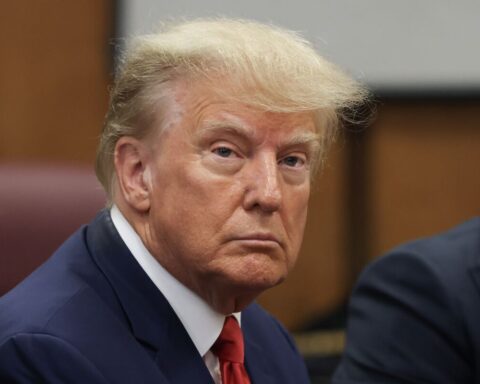Binance’s peer-to-peer (P2P) cryptocurrency exchange in Russia has persisted in facilitating transactions involving sanctioned banks like Rosbank, despite prior denials of any bank relationships.
Recent reports from local sources indicate that Binance P2P has opted to rename some of its problematic payment channels for deposits and withdrawals, specifically those linked to sanctioned Russian banks like Tinkoff and Rosbank.
In an effort to obscure these associations, the exchange has rebranded the bank references “Tinkoff” and “Rosbank” as “Yellow” and “Green” cards, as confirmed by Cointelegraph.
As of now, Binance P2P offers users the option to utilize “local cards” to convert cryptocurrencies such as Tether into Russian rubles, with funds being processed through the sanctioned Tinkoff or Rosbank.
This alteration in nomenclature coincided with a report from The Wall Street Journal on August 22, detailing Binance’s provision of at least five sanctioned Russian banks, including Tinkoff and Rosbank, as potential avenues for transaction processing.
In response, Binance executives vehemently denied any affiliations with banks, both in Russia and globally, stressing their adherence to international sanctions regulations and their commitment to blocking restricted entities’ access to the Binance platform.
Interestingly, these developments followed the promotion of Binance services on the YouTube channel of prominent Russian YouTuber Yuri Dud, boasting 10.3 million subscribers. Dud’s vDud channel showcased an advertisement for Binance services, incentivizing sign-ups with 5 USDT.
READ MORE: Bybit Unveils NFT Collection as Part of Velocity Series
Additionally, the video highlighted Binance Earn, an avenue enabling users to generate passive income from cryptocurrencies via flexible savings, locked savings, staking, and liquidity mining.
The implications of these recent revelations within the context of Western sanctions against Russia remain uncertain.
Notably, European Council sanctions imposed in February 2023 targeted Russian banks like Tinkoff and Rosbank as part of efforts to address Russia’s conflict with Ukraine.
Similarly, the United States enacted sanctions against Tinkoff in May 2023.
These developments followed a previous report that the U.S. Department of Justice security division had initiated an investigation into Binance’s alleged breach of U.S. sanctions by permitting Russian usage of the platform.
It’s important to note that Binance is not the sole cryptocurrency exchange participating in such activities in Russia.
Other major P2P crypto exchanges, including Huobi and OKX, are also facilitating transactions with Tinkoff, Rosbank, and Sberbank.
While Binance declined to comment on matters such as its advertisements on Dud’s YouTube channel and its current operations in Russia, the exchange reiterated statements provided in The Wall Street Journal report.
Binance’s spokesperson stated that no further comments would be offered at this time.
Regarding the renaming of sanctioned banks to “Yellow” and “Green” cards, Binance has yet to respond to inquiries from Cointelegraph.
Other Stories:
FTX Founder Seeks Release for Defense Collaboration
SEC Lawsuit Stifles XRP’s US Adoption Potential, Pro-XRP Advocate Asserts Amid Coinbase’s Moves
Global Disparities in Bitcoin Mining Costs Highlighted: From $208,560 in Italy to $266 in Lebanon




